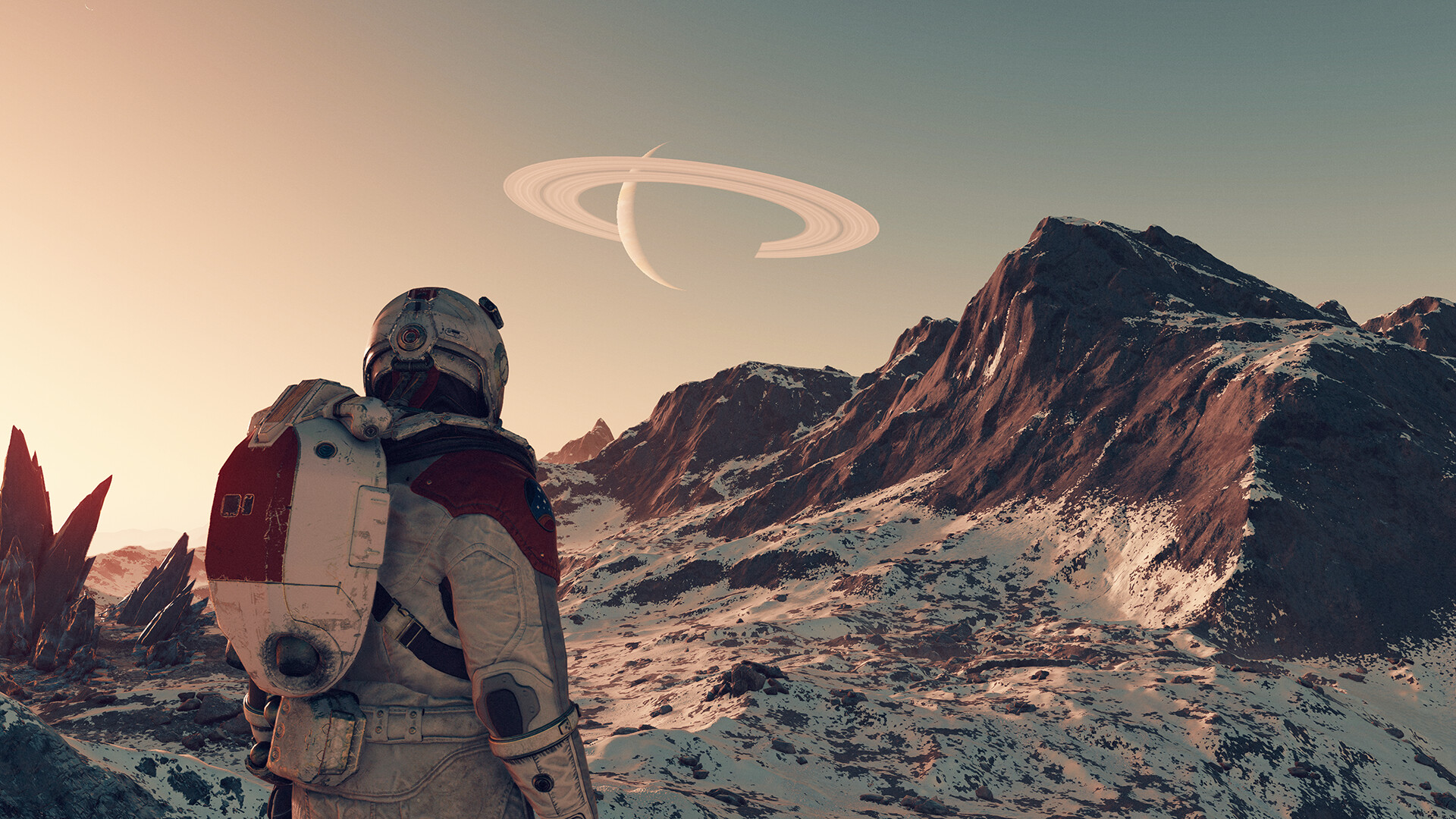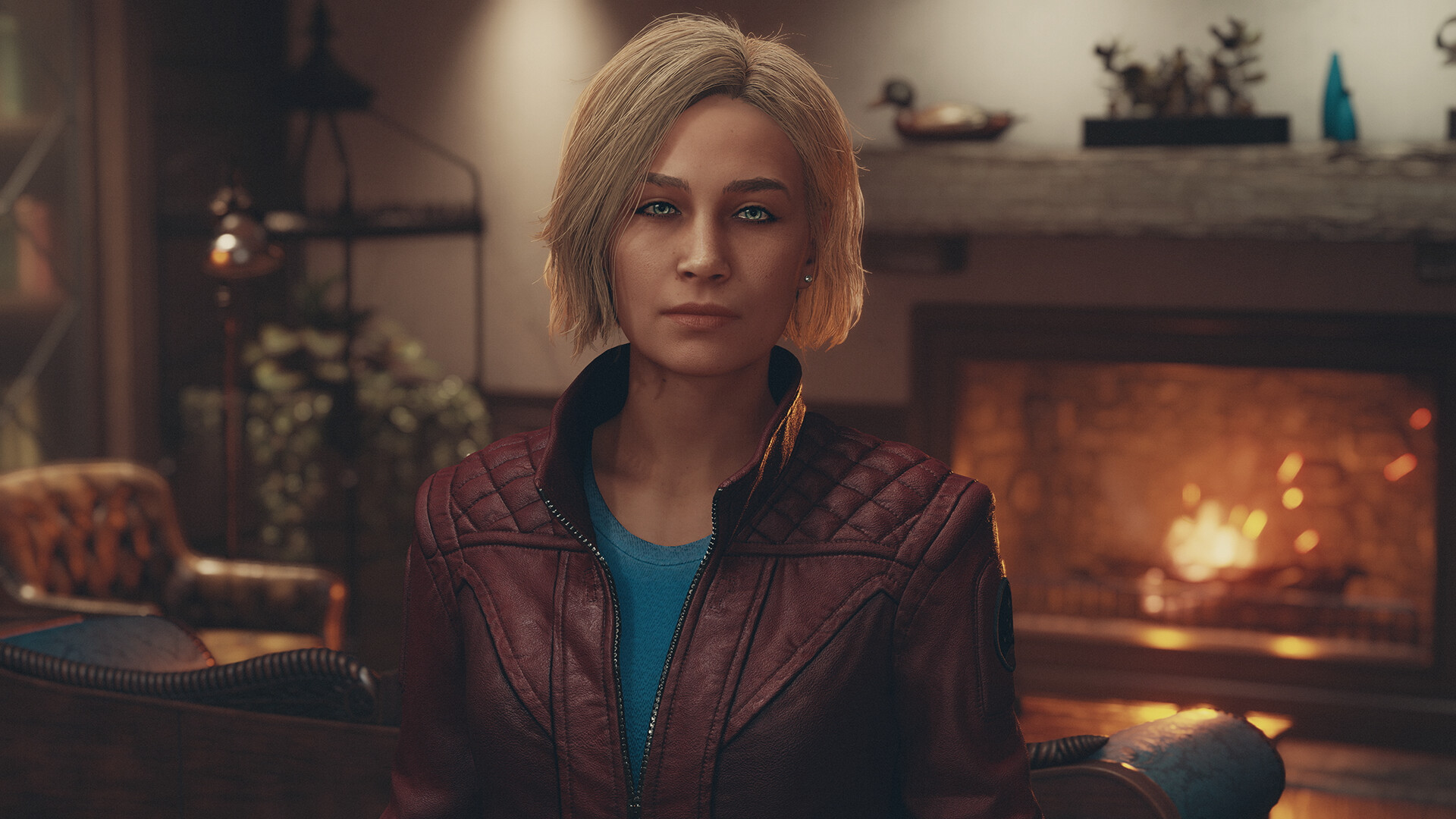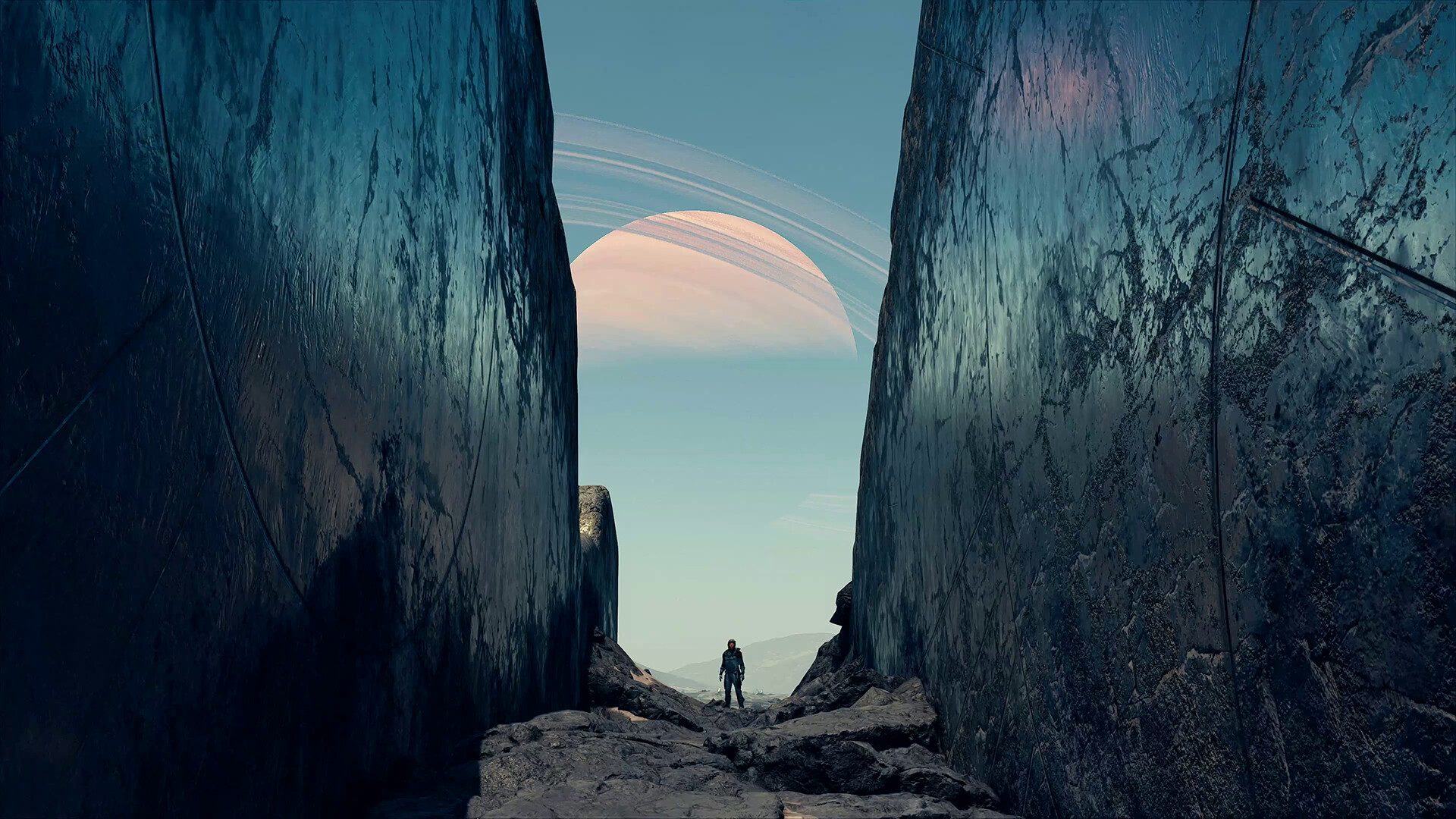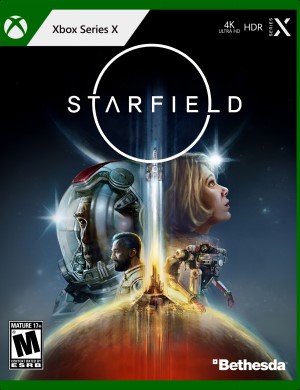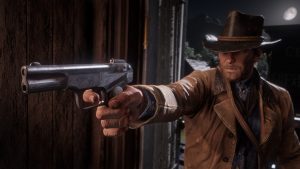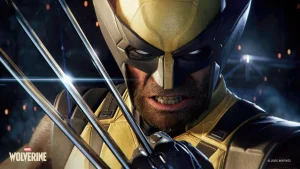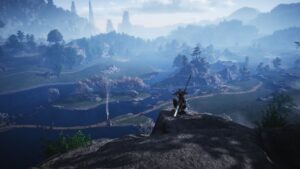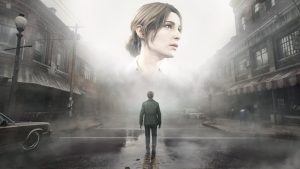
We first heard about Starfield all the way back in 2018, and ever since then, through tiny little tidbits dropped here and there through brief trailers, behind-the-scenes videos, and more, we’ve been given a startlingly little amount of information on what to expect from Bethesda Game Studios’ first new IP in 25 years. At the recent Xbox Games Showcase though, the studio closed the show with the Starfield Direct presentation, which was a mammoth 45-minute showcasing taking a ridiculously comprehensive deep dive into every aspect of the space-faring RPG. A cavalcade of new details have emerged on Starfield as a result, and here, we’re going to go over all of the key talking points. Obviously, there’s a lot to get into here, so let’s just jump right in.
STORY DETAILS
While the full extent of Starfield’s story obviously remains to be seen, we’ve been given a pretty good idea of how it’ll kick off and what the central thrust will be. Your story will begin when, in the city of New Atlantis, you meet with the members of a group called Constellation. By this point in time, Constellation is seen by the masses almost as a sort of mythical group of space explorers. But though many aren’t even aware of their existence anymore, they continue to try and find the answers to some of humanity’s biggest and most important questions.
That ties in with your story nicely, because early on in the story, you come into contact with a mysterious artefact that gives you strange visions. Upon meeting with Constellation, you learn that this artefact is part of a set, with others of its kind scattered through the galaxy- and crucially enough, these artefacts were made by an intelligence that existed outside the Settled Systems. Hunting down these artefacts will be your main goal, and you’ll be doing so with an eclectic cast of characters, including Sarah Morgan, a former soldier and current leader of Constellation; Noel, a gifted scientist and Sarah’s protege; Walter, a successful businessman and Constellation’s financier; ex-pirate Vlad; former space cowboy Sam Coe; and many more.
STAR MAP
The star map in your ship will serve as the hub through which you’ll be charting all of your courses throughout the Settled Systems. The star map can show all relevant information for every planet, as well as all the resources that you can find on it, while using the map, you can either fast travel to known locations or choose a specific landing spot. On a more zoomed out scale, you can see the entire star system, where, of course, you’ll find all of that system’s planets, planetoids, moons, and all points of interests, encompassing multiple quests, side quests, key locations, and more. On an even more zoomed out scale, you can see all systems in a particular part of the galaxy. Charting a course from system to system requires your ship’s grav drive to initiate long distance jumps- though jumping to the systems that are really far away will need you to make appropriate upgrades to your ship.
CITIES AND FACTIONS
Exploring varied and unique cities and settlements is always a big part of the charm of Bethesda’s RPGs, and it seems Starfield is taking that to the next level. The game’s flagship city, so to speak, is New Atlantis, which is the biggest city Bethesda Game Studios has ever made for any game, in terms of size, custom art, its crowds, the quests and activities it houses, and more.
Of course, different cities throughout the Settled Systems will also be aligned with different factions, which is also another one of BGS’ hallmarks. New Atlantis, for instance, is the capital city of the United Colonies, and as the first major human settlement in space, holds up law, discipline, and the legacy of the human race above all else. The city of Cydonia on Mars is another United Colonies city, and serves as a massive mining facility.
Beyond UC space, the Settled Systems are much more wild and independent, with one of the more prominent factions here being the Freestar Collective. Their capital is Akila City, which is basically the Wild West in space, while former fishing platform Neon is now widely known as a pleasure city where almost anything goes.
Plenty of other hostile factions have also been briefly mentioned by Bethesda, including zealouts who are devoted to something they call the Great Serpent, a group of space pirates known as the Crimson Fleet, and more.
PROCEDURAL CONTENT
Starfield is going to have literally over a thousand planets for players to visit and explore, and while the game is going to have a massive amount of hand-crafted content, plenty of what you find in the Settled Systems will be using procedural generation techniques. So how exactly will that work?
Well, essentially, as you approach a planet, the game will procedurally generated a wide variety of elements- it will stitch together blocks of terrain, add various points of interests, populate the planet with a variety of flora and fauna for players to find and study and interact with, resources to harvest, and more. However, this procedural generation system will also populated these planets with hand-crafted content, so you’ll never know what you might encounter.
OUTPOSTS
When you’re out exploring planets, you will also have the option to establish outposts, where Starfield will be taking a page out of Fallout 4’s books. Bethesda says you can build outposts almost anywhere and on any planet, while you’ll be able to use a vast variety of habitat modules that will come in different shapes and sizes and serve different purposes. Assigning crew and companions (more on this in a bit) to your outposts will help with their upkeep, and you’ll also be able to install extractors that harvest resources while you’re away, which means you can keep a healthy stream of them coming in constantly in the background.
As far as how the actual building process, not only will you be able to build while walking around and manually placing modules and structures yourself, you’ll also have the option to enter a top down perspective and build with much greater freedom and flexibility. On a more micro level, you can also decorate the interiors of your outposts and their habitats in a variety of ways. You can also add crafting and research stations to spend your resources on unlocks and and new creations.
FLORA AND FAUNA
A big part of the thrill in space exploration games (on paper at least) is being able to land on different planets and seeing all of their wondrous and aliens sights, so what can we expect from Starfield on that front? Plenty, it seems. Using your scanner, you’ll be able to learn more about the native species of plants and animals you find on planets, and if you fully survey a planet or a whole system, you’ll get special rewards. Bethesda says that while creating the native flora and fauna of each planet, it set out to design something that would feel authentic but still look like something you’ve never seen before, which can feel like they’re truly native to their surroundings without necessarily having to look explicitly alien.
BGS has taken a similar approach to designing the planets themselves. The development team studied data from a number of sources, including NASA, so it could create worlds that are fun to explore but are still believable environments. That applies to everything from planetary atmospheres to biomes and more.
CHARACTER CREATION
Character creation is a big deal in any RPG, but especially in a Bethesda RPG, and here, Starfield is once again dialing things up to eleven. BGS says it scanned a wide range of faces of different ages and ethnicities, and using the data it got, it was able to create a creation toolset that’ll present a startling amount of options and flexibility. In fact, the NPCs in the game were all made using this very toolset.
And what will this toolset entail? It encompasses a litany of options, including body type, walking style, skin tone, the shape of your head, your hair and hair colour, facial hair, eyes, eye colour, teeth settings, skin blemishes, make up, scars, piercings and jewelry, your neck, your mouth, your cheeks, your ears, your chin- you get the idea. There’s a lot.
BACKGROUNDS AND TRAITS
When you’re creating your character, you’ll also choose your background from a sizeable list of options, which will not only give a general backstory to your character, but also give you starting skills. For instance, selecting the Explorer background will mean your character has an established history as a successful and experienced space explorer, and will come with unique skills like being able to use laser weapons, using your knowhow to get the most out of your ship’s grav drive, and being particularly skilled at surveying your environments and their flora and fauna. There’s a variety of different backgrounds beyond that, of course, including Chef, Beast Master, Diplomat, Gangster, Homesteader, Professor, Ronin, Bounty Hunter, and many, many others. From time to time, your character’s background will also come in handy during quests or activities where your particular backstory and skillset might be particularly suited to a specific task.
Something else that you’ll select for your character at the outset is traits, of which you can have three, each of which will come with a pro and a con. The Hero Worshipped trait means you’ll have a creepy, uber-obsessed, super fan constantly following you around (ring any bells, Oblivion fans?). He’ll join your crew and give you gifts, but… well, let’s just say he dotes on you to an unhealthy degree. Another trait is Kid Stuff, where you have to regularly pay credits to support your parents- but you also get to visit them and speak with them anytime you want. Then there’s the Wanted trait, which will give you a damage buff when your health is low, though you’ll have to randomly deal with mercenaries who’re out to kill you. There’s many more of these, and they will be optional, while there will also be ways to remove the traits you’ve picked. No, we don’t know what those ways are, but it does seem like you can kill your super fan if he gets too annoying, so that’s something.
PROGRESSION
Starfield will also give you plenty of ways to personalize and customize your character past the point of creating them through its skill trees and progression. There will be five skill trees in total, each pertaining to unique abilities, while each skill will also have four ranks, which you’ll have to unlock progressively by completing specific Challenges (which will get harder with each rank). Skills will grant you a variety of unique buffs and abilities, like being able to mind control aliens, getting a jetpack to use in combat, upgrading your melee strikes so you can basically turn into One Punch-Man, improving your stealth so you can pickpocket everyone you see without any worries and sneak your way through vents like a Hollywood super agent, upgrading your dialogue skills so you can talk your way through situations, investing in your combat skills so you can run and gun to your heart’s content, and more.
COMBAT
Traditionally, combat has always been one of the weaker aspects of Bethesda Game Studios’ RPGs, though the developer says it has made plenty of improvements on that front with Starfield. That will start with having the ability to extensively mod your weapons to suit your playstyle, with the customization options including sights and scopes, grips, magazines, muzzles, ammunition rounds, and more. Stealth options will be expanded through the use of suppressors, while those who like to go up close and personal will have the option to use a range of melee weapons, like knives, axes, and more.
Bethesda says Starfield’s combat is completely overhauled, with new animations, and a larger collection of weapons and mods than any other game the studio has made in the past. Weapons themselves also include some fancy varieties, like energy weapons that fire lasers, electromagnetic MAG weapons with ballistic arrays, and more. Then there are pistols, submachine guns, sniper rifles, shotguns, grenade launchers, heavy machine guns, and the like. Upgrading your gear will also be an important factor, while the environment you find yourselves in will also demand changed up strategies. Gravity, for instance, will be different on each planet, and as such, will have a different effect on your movements and jumps and even the recoil of weapons- so when you fire a weapon in zero-g, it’ll push you backwards.
SHIPS AND SHIP CUSTOMIZATION
Now we come to one of Starfield’s headlining acts- the vast expanses of space itself. Naturally, you’ll be doing a lot of space travel in your game, which means your ships will be a crucial part of the core gameplay loop. Yes- ships. Plural. You’ll start out with the Frontier, your starting ships, but you can buy and steal more and essentially build up an entire fleet of your own. There are also different types of ships that serve different purposes, so depending on whether you want to engage in some dogfights or if you’re looking to haul cargo, you’ll want to put some thought into which ship you’re taking out.
Customizing your ships will also be a major part of the experience. For starters, you can customize and upgrade every single component of your ship by quickly upgrading individual systems of your ship, like its weapons or its shields or its grav drive, or you can head into the Ship Builder, which is basically a full-on ship creation and customization toolset. Here, players will be afforded a vast degree of freedom in how they want to customize their vessel. You can change its layout; you can add new habitats that will not only change what it looks like, but also change its interiors, like adding living quarters for your crew, or a mess lab, or a storage locker; you can fully customize the ship’s paint job; and more. Meanwhile, depending on which ship manufacturer’s components and parts you’re using, the different modules of your vessel will have a different look and feel.
Again, it’s clear that there’s an almost overwhelming amount of options here. Hell, you can even shape your ships to make them look like mechanical animals, massive mechs- or anything else your mind can conjure up.
CREW
Throughout your journey in Starfield, you won’t be alone- you’ll also be maintaining and expanding your crew. In addition to companion characters, who are core characters that you’ll find through quests and side quests, you’ll also be able to recruit various NPCs that you’ll find out in the game’s world. Each crew member will have a unique skillset, and depending on that skillset, you’ll have to decide which ship or outpost you want to assign them to, so that their skills can be utilized in the best way possible. Meanwhile, aforementioned companion characters will also each have their own personal questlines, and players will be able to grow their relationships with them. Of course, you can also take a companion or crew member out into the field with you to accompany you during combat and exploration.
SPACE FLIGHT AND COMBAT
Building, customizing, and maintaining your ships is all well and good- but how exactly will flying them actually work? It won’t be a simple case of pushing the analog stick forward and pulling the trigger to fire its weapons. Different systems of your ship will govern different actions, and you’ll have to constantly keep an eye of how much power you’re feeding into each of them- the demands for which, of course, will change based on what situation you find yourself in. Put more power into your gav drives, and you’ll be able to make quicker jumps. If you’re about to head into combat, you’ll want to power up your engines and shields. Sending more power to your engines will allow you to travel at greater speeds.
Combat, meanwhile, will also give you plenty of options. You will, of course, be able to destroy enemy ships and blow them into pieces, while unlocking the Target System skill will also allow you to target and disable specific systems of enemy ships- so you can disable their engines to make them stall, or disable their shields to leave them vulnerable. Once ships are destroyed, you can loot them in piece- though you can, if you wish, also choose to not destroy ships, and instead board them, take out their crew, and then add that vessel to your growing fleet.
SPACE ACTIVITIES
While space combat will obviously be a big part of Starfield’s expanses, there will be plenty more activities to keep you occupied in the great beyond as well. You can visit massive star yards and explore their interiors, meet new characters, or buy new ships and components; you can dock with gigantic battleships or luxury cruise liners to meet various characters and pick up new quests and side quests; you can hail any ship you find and either choose to trade with them, politely swap information, or turn into a full-on pirate and take them for everything they’ve got; and more.
PHOTO MODE
You can’t help but love a good photo mode, and Starfield, as a game that’s looking like it’s going to play host to an overwhelming amount of gorgeous vistas throughout its massive map, seems ripe for plenty of photographing opportunities. Happily enough, Bethesda has confirmed that the game will indeed have a Photo Mode at launch. The developer hasn’t dropped any details on what features we can expect from the mode, but hopefully those will come in the coming weeks and months.
TECHNICAL DETAILS
How a Bethesda Game Studios game will fare on a technical level is always a big question, and unsurprisingly, such is the case with Starfield as well. How much of an improvement it’ll be over past BGS titles is something we’ll only really be able to determine after we’ve gone hands-on with the game ourselves, but the developer has spoken about plenty of improvements that have been made on the technical front. The game uses a new lighting model that utilizes real time global illumination and lights the world based on the type of that particular planet’s star and the makeup of its atmosphere, with a particular emphasis being put on cinematic lighting. There’s also a new animation system, though how much the faces and facial animations will have improved remains to be seen.
30 FPS
This is perhaps the one detail that’s been revealed about Starfield by BGS that’s bound to disappoint quite a few people. On both Xbox Series X and Xbox Series S, the game will be locked at 30 FPS, with a 4K resolution on the former and 1440p on the latter. The lack of a 60 FPS option is surely a disappointing one, if not entirely surprising for a game of this size and scope. On the plus side, Bethesda does say the frame rate will be locked at 30 FPS, and if that is indeed the case, we can at least look forward to stable performance without any dips. Here’s hoping that actually happens.








